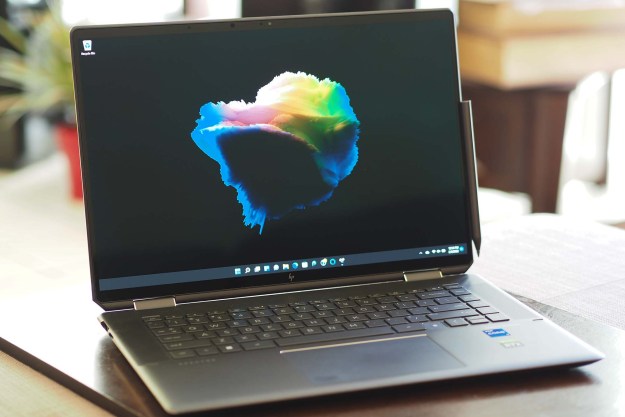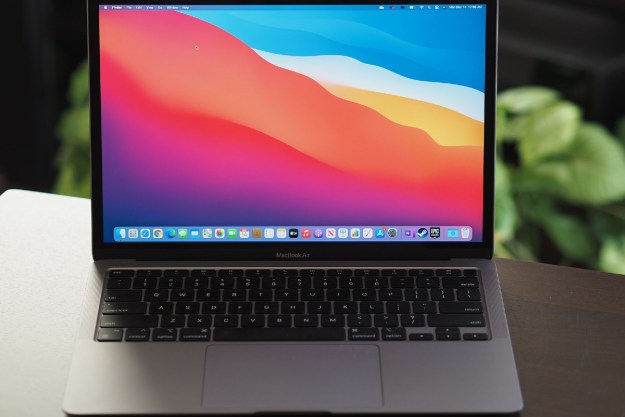
New York State Attorney General A.G. Schneiderman has announced a multi-state settlement proposal that would see seven major LCD display manufacturers paying $553 million to settle charges they conspired to fix prices of flat-panel displays. The settlement has the companies paying a combined $538 million to settle price fixing charged; in addition, five of the companies will pay another $14 million to settle civil claims and penalties from states involved in the case. Some $501 million of the total will be used to offer partial refunds to consumers in the states participating in the case; $37 million will compensate governments and other public entities for their damages.
“This price-fixing scheme manipulated the playing field for businesses that abide by the rules, and left consumers to pay artificially higher costs for televisions, computers, and other electronics,” said Schneiderman, in a statement. “Protecting the integrity of the marketplace is the only way to ensure the best outcome for New York’s consumers.”
The case covers TFT-LCD panels sold from January 1, 1999 through December 31, 2006 and includes charges brought by Arkansas, California, Florida, Michigan, Missouri, New York, West Virginia, and Wisconsin. In all, consumers in some 24 states and the District of Columbia could be eligible for partial refunds. The settlement must still be approved by a court; if that happens, details of how consumers can claim partial refunds will be worked out and publicized “at a later date.”
The companies involved in the settlement are Chi Mei Innolux, Chunghwa Picture Tubes, Epson Imaging Devices, HannStar, Hitachi Displays, Samsung, and Sharp. Samsung is responsible for the largest payment under the proposed settlement: some $240 million. Sharp comes in next with a $115.5 million payment, followed by Chi Mei Innolux at $110 million.
Three other defendants in the case are not part of the settlement: Toshiba, LG, and, Taiwan’s AU Optronics.


